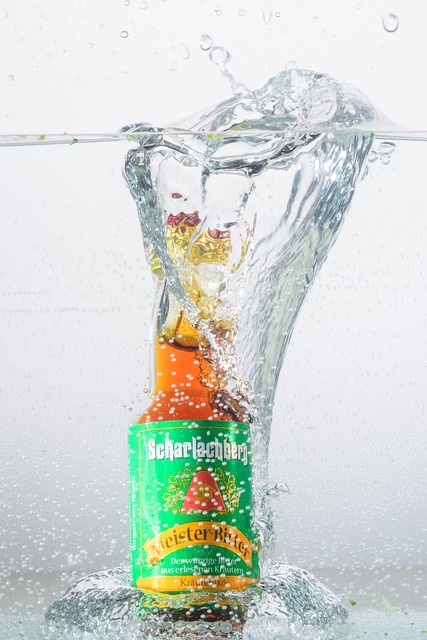facial abuse shereese blaze 🥎 The Rising Concern of Facial Abuse in Contemporary Society

The Rising Concern of Facial Abuse in Contemporary Societyfacial abuse shereese blaze
In an era where self-expression through various art forms has gained unprecedented popularity, a troubling trend has emerged that demands urgent attention: facial abuse. This alarming phenomenon, often underreported and misunderstood, has roots deeply embedded in societal norms surrounding beauty, self-image, and the performative aspects of personal identity. The term 'facial abuse' encapsulates a myriad of practices that subject individuals—predominantly women—to cruel and dehumanizing standards of appearance often perpetuated by social media, entertainment, and cultural expectations.facial abuse shereese blaze
Facial abuse encompasses a spectrum of behaviors, from harsh critiques of one's appearance to the encouragement of extreme cosmetic modifications. It is a manifestation of the relentless pressure to conform to an idealized version of beauty that is frequently unrealistic and unattainable. The normalization of filters and digital alterations in social media has further exacerbated this issue, creating a paradox where reality is filtered through a lens of perfection that is not only misleading but also damaging to self-esteem and mental health.facial abuse shereese blaze

The impact of facial abuse extends beyond the individual, permeating societal attitudes towards beauty and worth. As people internalize these harmful messages, they may find themselves engaging in self-destructive behaviors—such as extreme dieting, over-exercising, or turning to cosmetic procedures in a bid to achieve the 'perfect' visage. Such actions are often driven by the fear of judgment or rejection, illustrating the profound influence of societal expectations on personal choices.
Moreover, the consequences of facial abuse are not merely superficial; they can lead to severe psychological ramifications. An increasing number of individuals report struggles with body dysmorphic disorders, anxiety, and depression that stem from their perceived inadequacies. The quest for an ideal appearance can overshadow other vital aspects of identity, leading to a diminished sense of self-worth and a pervasive feeling of inadequacy. This internal battle can be relentless, fueled by the constant barrage of images and messages that glorify certain physical attributes while vilifying others.
The portrayal of beauty in contemporary media plays a significant role in the perpetuation of facial abuse. Advertisements, television shows, and films often depict a narrow definition of attractiveness that is not representative of the diverse population. This skewed representation can foster feelings of alienation among those who do not fit this mold, resulting in a culture of exclusion that further fuels the cycle of abuse. The pressure to conform is not only external but can also manifest in interpersonal relationships, where individuals may feel compelled to critique or alter their appearance to gain acceptance or approval from peers.
In recent years, there has been a growing movement advocating for body positivity and acceptance of all forms of beauty. Activists and influencers are challenging traditional beauty standards, promoting the idea that self-worth should not be dictated by appearance. This shift aims to dismantle the harmful narratives surrounding facial abuse and encourage individuals to embrace their unique features, fostering a more inclusive definition of beauty that celebrates diversity.facial abuse shereese blaze

Educational initiatives targeting young people are also emerging as a vital tool in combating facial abuse. By promoting media literacy and critical thinking skills, these programs empower individuals to navigate the often deceptive landscapes of social media and advertising. Understanding the implications of digital manipulation and the constructed nature of beauty ideals can equip individuals with the tools necessary to challenge these pervasive messages.
Despite the progress being made, the fight against facial abuse is far from over. It requires a collective effort from individuals, communities, and industries to redefine beauty standards and celebrate authenticity. As society continues to grapple with the implications of facial abuse, it is essential to foster an environment where individuals feel valued for who they are rather than how they look.
In conclusion, the phenomenon of facial abuse represents a significant challenge within contemporary society that warrants serious reflection and action. By addressing the societal pressures that contribute to this issue, promoting body positivity, and advocating for diverse representations of beauty, there is hope for a future where individuals can exist without the burden of unrealistic expectations. The journey toward acceptance and self-love is ongoing, and it is imperative that we all contribute to creating a culture that values inner qualities over superficial appearances.
Fale conosco. Envie dúvidas, críticas ou sugestões para a nossa equipe através dos contatos abaixo:
Telefone: 0086-10-8805-0795
Email: portuguese@9099.com


